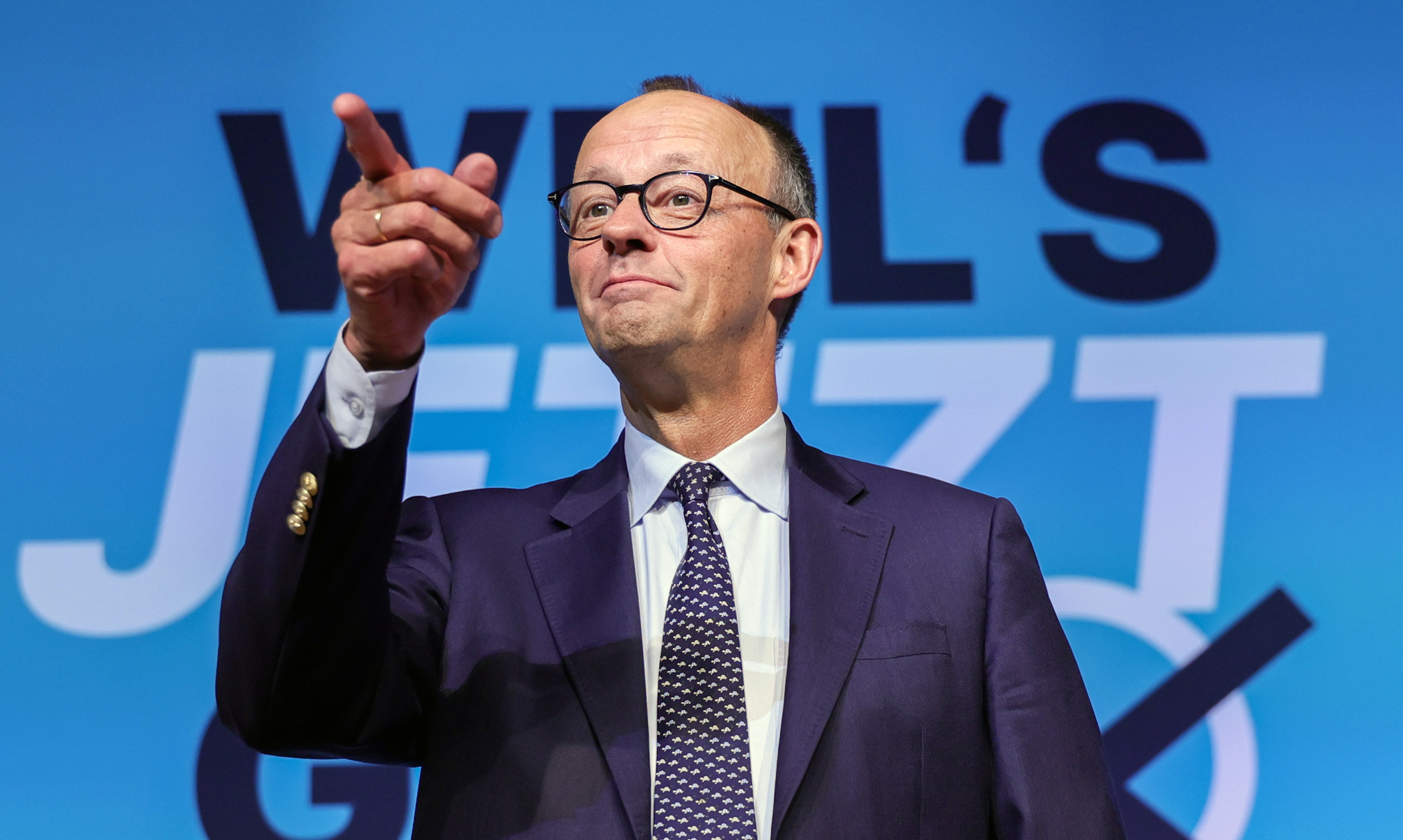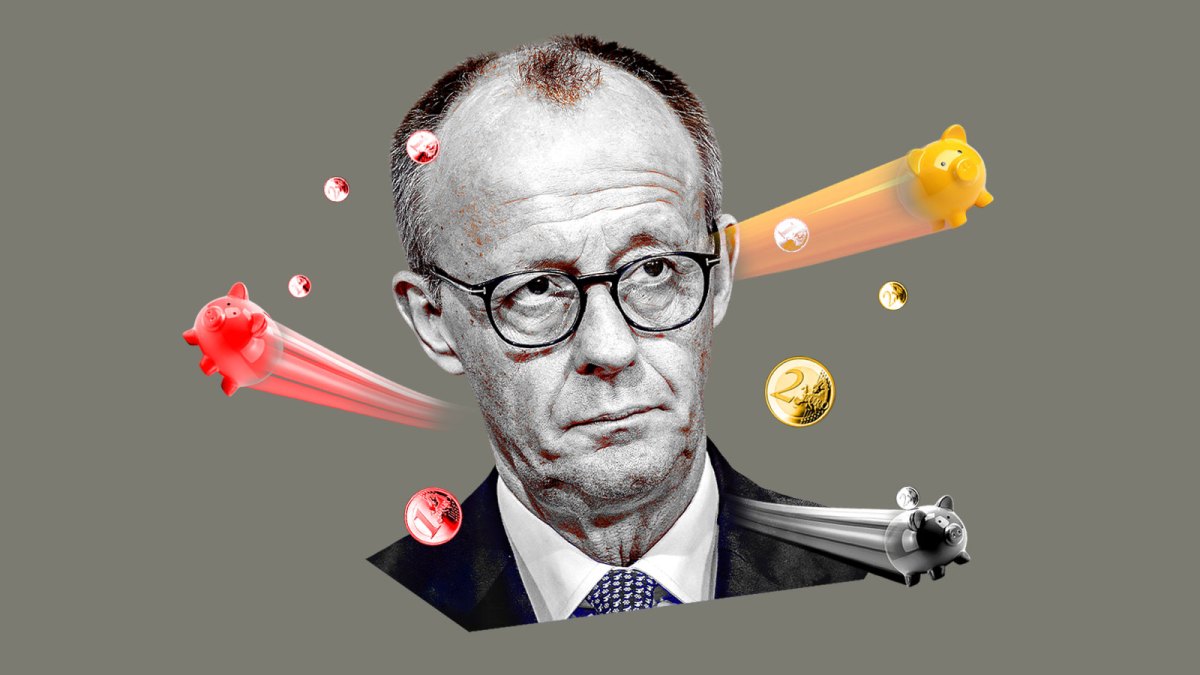Friedrich Merz, the German chancellor, has rebuked the youth wing of his conservative party as a group of its MPs campaign for brakes on the runaway public pensions bill.
As the baby-boomer generation retires, the rising cost of the pensions system is projected to fall on a dwindling workforce, forcing the average worker to hand over nearly a quarter of their income to Germany’s social insurance funds by the middle of the next decade.
The funds are already overstretched to the extent that a quarter of the federal budget, or about €120 billion a year, is spent on topping them up.
• Germany faces ruin without reform of welfare state, warns economist
Concern about this drain on the public finances and the burden on younger generations has prompted 18 MPs from Merz’s Christian Democratic Union (CDU) and the Christian Social Union (CSU), its Bavarian affiliate, to take a stand.
The politicians, who are all under the age of 35, are refusing to back the ruling coalition’s pensions legislation unless it includes measures to restrain the bill in future.

The Young Union of the CDU/CSU
MICHAEL WITTIG
Since the coalition has a parliamentary majority of only 13 votes, the youth wing is effectively able to hold the law hostage.
The MPs’ chief complaint is that the law would effectively freeze the standard state pension at 48 per cent of the pensioner’s pre-retirement income level after 2031, overriding an existing “stabilisation” mechanism that would gradually reduce it to 47 per cent.
While this difference of a single percentage point might sound trivial, it is estimated to add up to as much as an extra €15 billion in public spending each year.
The group argues that these costs “cannot be justified to the younger generation” and would “artificially” inflate older Germans’ pensions.
However, Merz urged them to back down during a tense appearance at a conference held by the Young Union, the CDU-CSU’s youth organisation, at a theme park in southwest Germany on Saturday.

Friedrich Merz during the conference in Morbach, southwest Germany
RONALD WITTEK/EPA
The chancellor warned that the party would “not win any elections” if it pursued a “race to the bottom” on pensions, saying: “Surely you can’t be serious.”
One of the MPs driving the campaign insisted that it was not a rebellion and that the group was merely insisting on sticking to the terms of the CDU-CSU’s original coalition agreement with its Social Democratic Party (SPD) allies.
• Johanna Noble: Europe’s waking up to the state pension nightmare — we should too
The source suggested that Merz and his inner circle were fundamentally sympathetic to the fiscal logic of the group’s case, but hamstrung for electoral reasons and by a need to appease his “doctrinaire” partners in the SPD.
The over-60s are by far the largest age group in the electorate, making up 40 per cent of voters and tending to turn out in significantly greater numbers than younger generations. They are also disproportionately likely to vote for the CDU-CSU and the SPD.
Other leading figures in the CDU share the youth wing’s worry about the future of the pensions system and the public finances.
Katherina Reiche, the CDU economics minister, recently argued that the standard retirement age — which at present is just over 66 but is scheduled to increase to 67 by 2031 — should automatically rise in line with life expectancy, as it does in Denmark.
Over the weekend Reiner Haseloff, the widely respected CDU chief minister of the eastern state of Saxony-Anhalt, told the Bild newspaper that the state was taking on so much debt to fund its spending that it was “essentially broke”.

